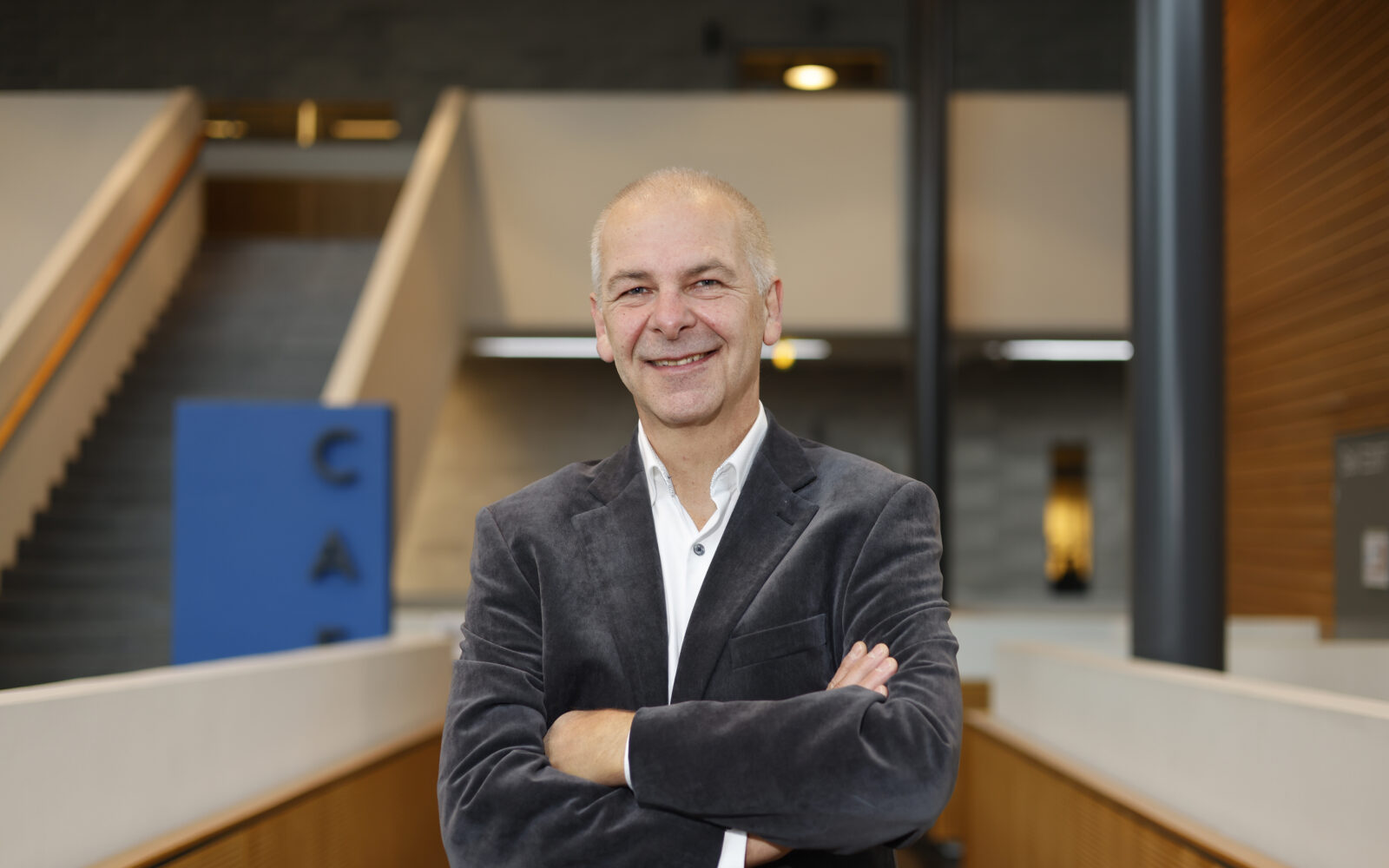The centre aims to find new knowledge and solutions to climate change and air pollution by applying artificial intelligence techniques to atmospheric science.
–The Atmospheric Modelling Centre Lahti studies how atmospheric particles affect cloud and air quality processes in urban areas. The application of artificial intelligence and machine learning techniques in atmospheric science can bring new insights to climate change prediction in the coming decades and help combat air pollution cycles effectively,” says professor Michael Boy
Boy joined the University of Helsinki and LUT University as a joint professor of atmospheric science and applied mathematics in Lahti last year. The new research centre will consist of a research team led by Professor Boy and including researchers from both universities. It has got off to a good start:
–Our research has been well received in Lahti from the start. Our location between Helsinki and Lappeenranta is an advantage for us. We hope that in the future we will be able to cooperate with other parties interested in air quality in the region, says Boy.
The results of the centre’s research can be used to support decision-makers
The results of the centre’s research can be used in the future, for example, to support decision-makers in designing sustainable and cost-effective measures to promote sustainable development.
Human-induced climate change is one of the greatest challenges of this century. One of the big questions is how the Earth as a system will respond to the warming. How will the water cycle react?
Changes in clouds can disrupt the radiative balance, leading to either cooling or warming. In addition, air pollution with high concentrations of particulate matter is a major health risk, causing more than three million premature deaths each year.
